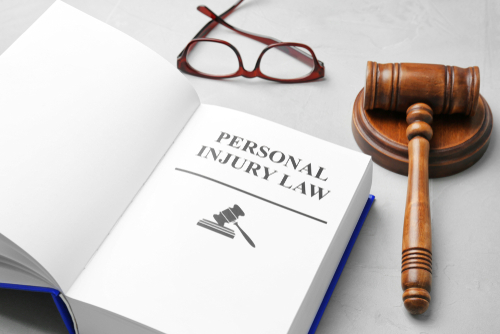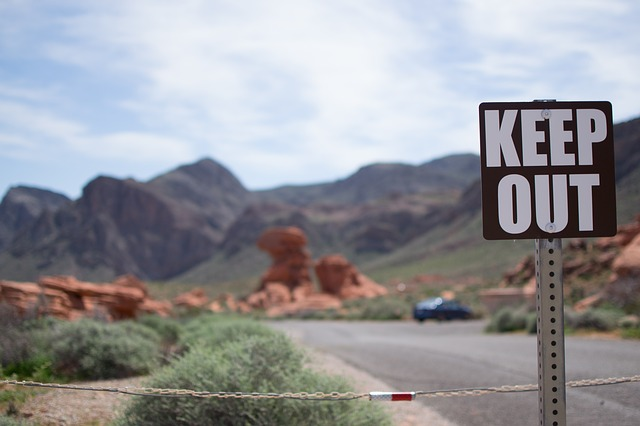Premises liability cases, which concern the legal duty of property owners to maintain their property for the safety of their visitors, often involve slips and falls. Slip and fall cases generally occur due to hazards or dangerous conditions on the property. The property owner may be liable for your losses if they ignored dangerous circumstances and you were injured as a result of their negligence. In Colorado, the Premises Liability Act (PLA), C.R.S. § 13-21-115, holds violating parties liable for incidents that occur on their property. Property owners owe guests varying levels of care to ensure safety, but the level of care depends on how that guest is classified (licensee, invitee, or trespasser).

The Three Classes of Visitors
While landowners are responsible for maintaining their premises in order to protect their visitors from foreseeable harm, the duty of care a landowner owes to an injured guest may vary depending on what type of visitor the injured person was while they were on the premises. In navigating your slip and fall claim, it is important to first determine what kind of guest you were on the landowner’s property in order to determine the level of care the landowner owed to you. In a slip and fall case, the injured guest can be classified as one of three types of visitors: a licensee, an invitee, or a trespasser.
The First Class of Visitors is the Licensee
Licensees include those who enter land with permission from the owner for their own benefit, such as social guests at a party. If you are a guest in a friend’s home, you are likely classified as a licensee. The property owner has a duty to warn of or make safe dangerous conditions known to the owner that the licensee is unable to see or unlikely to discover. The landowner only has a duty to warn of dangerous conditions on the property that are known to the owner, but they have no duty to inspect the premises or repair unknown dangerous conditions.
The Next Class of Visitors is the Invitee
Invitees include those who enter as members of the public for a purpose for which the land is held open to the public, such as museums, churches, or airports. Invitees also include visitors who enter for the benefit of the owner, often for a purpose connected to a business, such as to shop or make a purchase. In slip and fall cases involving an invitee, the landowner owes a duty to the visitor to warn of and repair dangerous conditions on the property that are unknown or nonobvious to the invitee. However, unlike in cases involving a licensee, the landowner owes a duty to an invitee to regularly inspecttheir premises for dangerous conditions.
In other words, if you are a customer at a grocery store or a tenant of an apartment complex (invitee), the property owner should act with reasonable care to protect you from dangers they knew about or should have known about. However, if you are a guest at a friend’s home (licensee), the homeowner’s only obligation is to warn you about non-obvious dangers that the homeowner actually knows about.

The Last Class of Visitors is the Trespasser
Landowners owe the lowest duty of care to trespassers. Trespassers are people who enter or stay on someone’s property without the owner’s permission. Owners must only refrain from willfully or deliberately causing harm to trespassers.
If you believe that you fall into one of the three categories outlined above, and a property owner failed to provide reasonable care to you, call Tipton Law. Our skilled attorneys are happy to provide a free evaluation of your potential premises liability claim.

